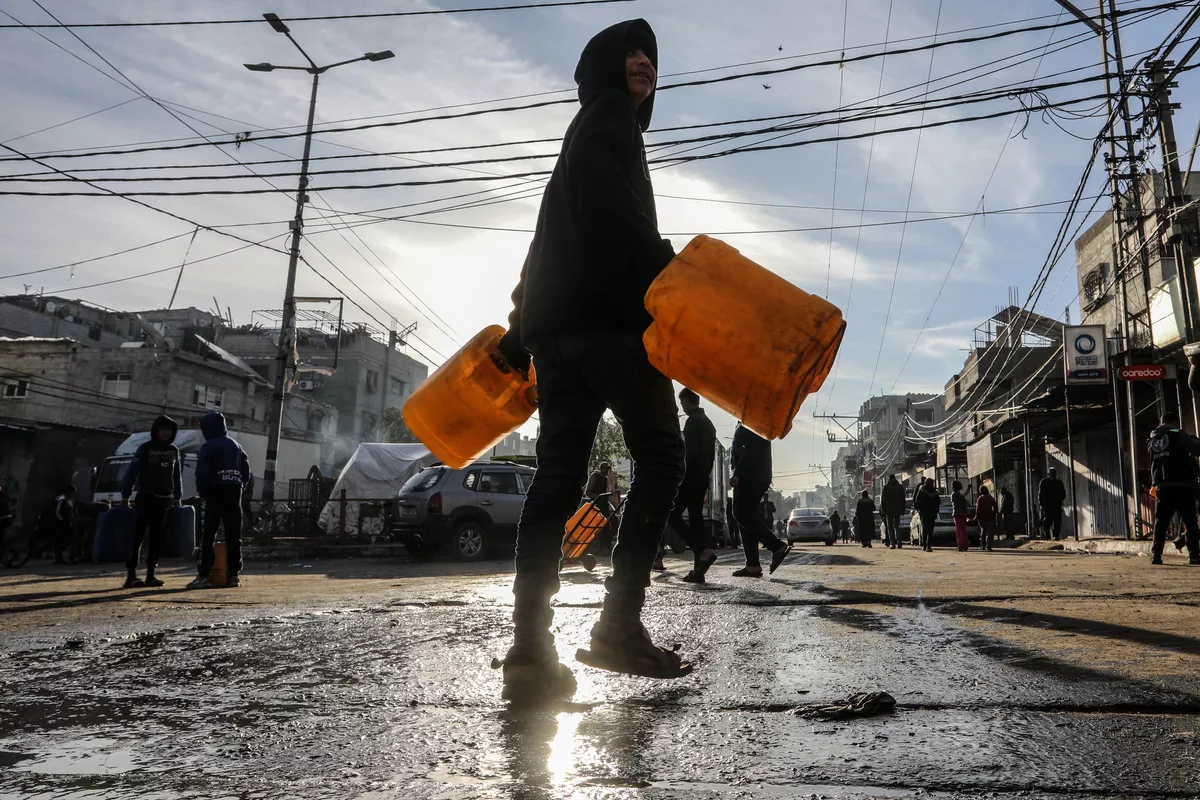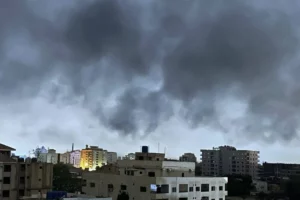Ramallah, MINA – The Palestinian Water Authority reported that the water and sewage sectors in Gaza have suffered significant damages as a result of the ongoing Israeli aggression over the past year.
According to officials, as reported by Wafa on Friday, over 85 percent of water and sewage facilities have either completely or partially ceased operations due to the destruction of vital infrastructure.
Ziad Fuqaha, the Acting Head of the Palestinian Water Authority, stated that the assault has critically affected infrastructure, with many essential facilities requiring comprehensive rehabilitation, including wastewater treatment plants, desalination facilities, pumping stations, wells, water tanks, and main transport lines.
He pointed out that the ongoing electricity cuts have compounded challenges in the water sector, along with a severe shortage of fuel necessary to operate backup generators for water facilities. The halt in the supply of maintenance parts and essential materials, coupled with significant debris and destruction of infrastructure, has further complicated efforts to secure necessary coordination for the safety of personnel and equipment at work sites, Wafa reported.
Also Read: Israeli Occupation Forces Kidnap Dozens of Palestinians in Raids Across West Bank
Fuqaha indicated that the current aggression has affected all three water sources in Gaza, estimating that the production from these sources has decreased to approximately 30-35% of pre-war levels. The groundwater, sourced from 300 wells throughout the region, typically supplied around 262,000 cubic meters daily, but many of these wells have suffered extensive damage. Current production stands at about 93,000 cubic meters per day due to ongoing interventions.
Desalination plants have also been impacted, with the North Gaza plant, which has a capacity of 10,000 cubic meters per day, completely out of operation. The Central and South Gaza plants, with capacities of 5,500 and 20,000 cubic meters per day, respectively, are currently functioning at a reduced capacity of around 5,000 cubic meters per day. (T/R3/RE1)
Mi’raj News Agency (MINA)
Also Read: Israeli Strike Kills Two Palestinian Children in Southern Gaza




























 Mina Indonesia
Mina Indonesia Mina Arabic
Mina Arabic